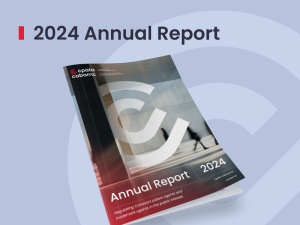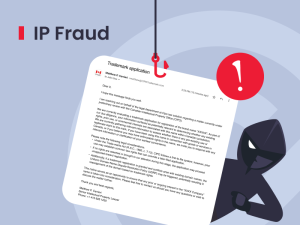CPATA will introduce a new Class 4 licence in spring of 2023 based on an evolving understanding of the activities of current Class 2 licensees.
CPATA’s by-laws outline three licence classes: Class 1 active, Class 2 restricted, and Class 3 agent-in-training. The Class 2 licence was intended to provide an option for maintaining licensure to agents who were temporarily or permanently not practising. For example, a licensee going on parental leave could temporarily switch to a Class 2 licence while on leave, or a retiring agent could maintain a Class 2 licence. Class 2 licensees are restricted from presenting and prosecuting before CIPO, pay $100 per year to maintain their licence and are not subject to professional liability insurance or professional development requirements.
Data from CPATA’s recent licensee survey revealed that a significant portion of class 2 licensees were involved in IP practice in some capacity. Some Class 2 patent agents were engaging in originating and associate prosecution, opinion and licensing work and litigation/litigation support. Some Class 2 trademark agents were doing clearance searching, filing and prosecution, renewals/classification, opposition proceedings and section 45 proceedings, litigation/litigation support, and other business strategy activities.
Several of these IP tasks carry a risk of harm to the public, and Class 2 licensees are not currently covered by any insurance policy. Likewise, there is a risk that Class 2 agents will provide out-of-date information to their clients, are they are not required required to undertake continuing professional development. Finally, it is not equitable within the profession that certain practising agents pay lower fees of $100 versus $1000 to maintain their licence.
To address this situation, CPATA is undertaking by-law revisions to create a new Class 4 inactive licence. The table below summarizes the major differences that will exist between Class 2 and Class 4 licences.
| Class 2 | Class 4 |
| Restricted licence | Inactive licence |
| Can practise IP but cannot present and prosecute before CIPO | Cannot practice IP |
| Must have adequate professional liability insurance | Exempt from professional liability insurance |
| Must undertake continuing professional development (when CPATA establishes requirements) | Exempt from continuing professional development requirements |
| Fees to be determined | $100 / year fees to maintain registration |
CPATA is currently working on the by-law revisions with the Department of Justice. We will provide information about how to apply for a Class 4 license after the coming into effect of the new by-laws.
Read a full description of CPATA’s licence classes and statuses here.
For questions, please contact us.






